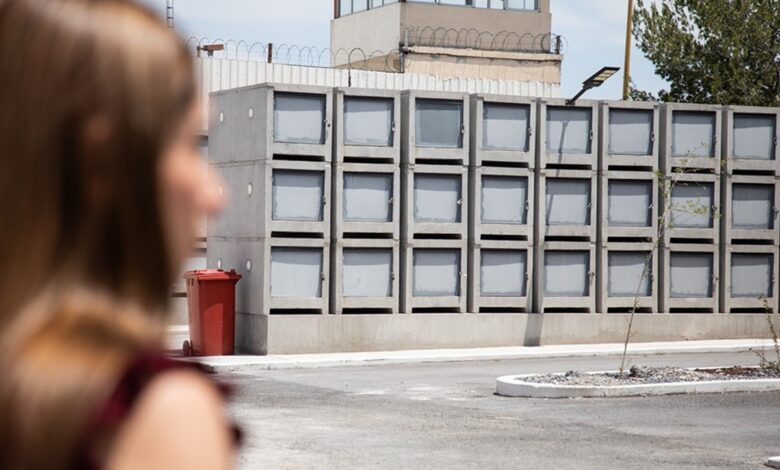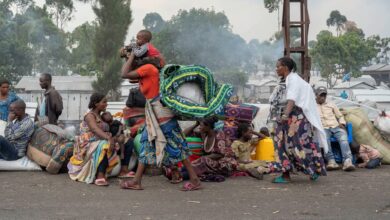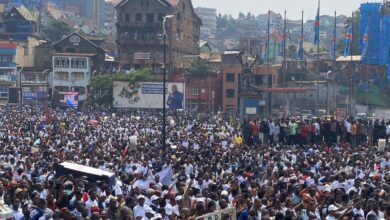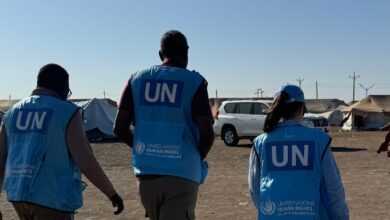Protecting the Dead: A Human Rights Imperative

PRESS RELEASE
In April 2021, Morris Tidball-Binz, a forensic doctor hailing from Chile and Argentina, was appointed as the UN Special Rapporteur on extrajudicial, summary, or arbitrary executions. During the 56th session of the Human Rights Council, he presented a report on the protection of the dead. Tidball-Binz emphasized the significance of protecting the dead as a human rights issue and advocated for developing human rights-based guiding principles to bridge the existing gaps in international law regarding the protection of deceased persons.
Why do the dead need protection and why is this relevant from a human rights perspective?
Tidball-Binz argues that the protection and respect for the dead are fundamental aspects of our humanity, deeply rooted in all cultures and religions since the beginning of time. These practices are governed by religious, cultural, and social norms worldwide and are enshrined in national laws and International Humanitarian Law applicable during wartime.
He proposed addressing this issue within his mandate by developing guiding principles based on international human rights law. These principles would ensure the protection of bodies and human remains in all circumstances, especially for those who have died under potentially unlawful conditions.
Why should all unlawful deaths be investigated through a human rights lens?
Investigating potentially unlawful deaths is not optional for states and authorities; it is a mandatory obligation under International Human Rights Law. Tidball-Binz highlights that to investigate these deaths properly, the victim’s body is crucial for adhering to international standards, including the Minnesota Protocol. Additionally, families have the right to mourn and recover their deceased loved ones’ remains.
Why should the needs of families and communities be at the center of any measures taken to protect the dead?
Tidball-Binz stresses the fundamental right of families to know the fate of their deceased or disappeared loved ones. This right encompasses the right to truth, justice, life, and reparation. Ensuring these rights requires thorough, transparent, and credible investigations carried out according to international standards. He underscores the importance of independence and impartiality in investigations to ensure their reliability and credibility.
This comprehensive approach not only honors the deceased but also supports the grieving process for families and contributes to broader human rights objectives by combating impunity and promoting justice and non-repetition of such events.





